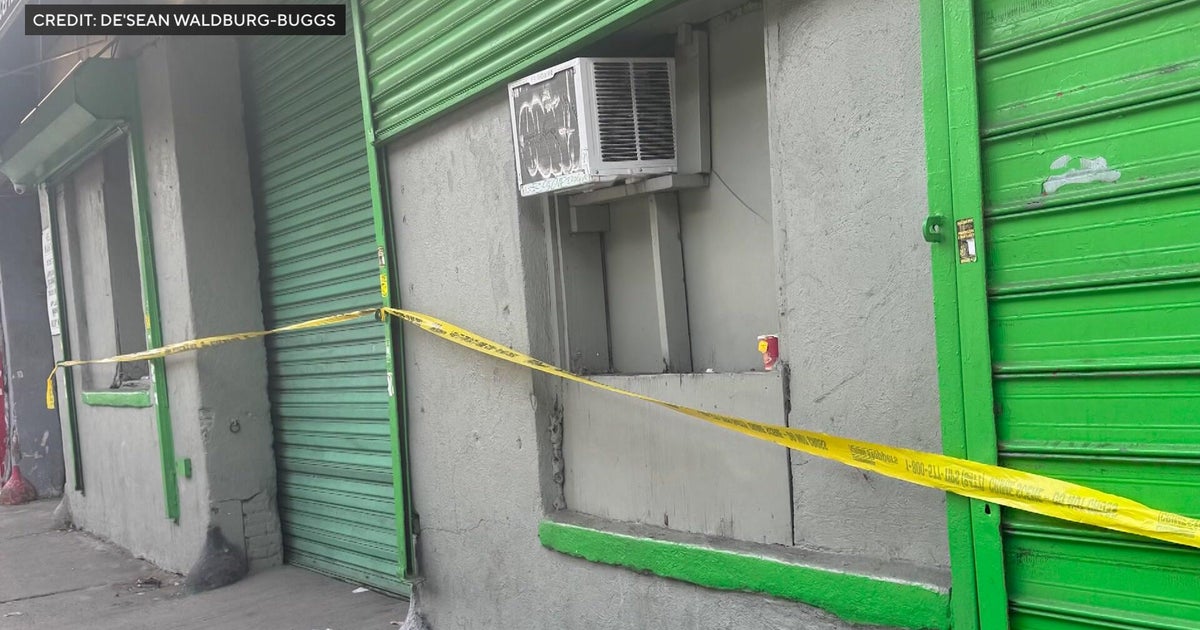Call Kurtis Investigates: Kaiser cuts pain prescriptions, impacting patients
TUOLUMNE COUNTY — A Call Kurtis investigation found that some viewers are struggling to get their pain prescriptions filled, and he's now learned that it's impacting some Kaiser patients as well, who have come to him to get answers why.
It started with the wife of a Kaiser patient in Auburn, who says her husband has a bad knee and needs Hydrocodone for the pain but Kaiser turned him away.
"After taking this medication for over 10 years, he's physically dependent on it," she wrote. "If he doesn't have access to the medication, his body will go through withdrawal."
CBS13 shared the stories of viewers in Tuolumne and Calaveras counties earlier this month, who said they, too, were cut off from their pain medications. They are not Kaiser patients but said they struggled to get any pharmacy in the foothills to fill their prescriptions.
"It's only been four months, but these four months have seemed like years," said Janell Baptiste, a gold country resident who went through withdrawal after her local pharmacy stopped filling her prescription. She decided to get off the painkiller she'd been taking for 13 years after a motorcycle crash.
As the country struggles to deal with the opioid crisis, it was a challenge to get a straight answer from anyone about why this was happening.
But after hearing about the Kaiser patient, Kurtis Ming reached out to the provider and got the best explanation yet of what's happening.
In a written statement, Kaiser admits that it's changing some prescriptions to reduce opioid use among its patients to avoid overdoses, addiction, and misuse. But why now?
For one, Kaiser says the study of pain management is evolving for patient safety, but also because it has no choice. Drug distributors are now limiting the controlled substances they send out — something they agreed to do when they settled lawsuits brought by the federal government and several states earlier this year tied to the opioid crisis.
Kaiser admits, the lower supply required a change in prescribing practices, writing, "we apologize to any member who may be affected by limits on the quantity of their medication. Although the goal is to continue to evolve to protect patient health and safety, we recognize that changes in a medication plan can be stressful or confusing and we encourage patients to reach out to their physician with any questions or concerns.
While Kaiser says it may taper some patients off their medicine, the provider says it will not impact anyone receiving end of life of palliative care.
The impacts of these changes are being felt throughout the industry and are highly controversial. There are legal challenges underway.
Kaiser's full statement:
Our patients are at the center of all we do, and we are committed to ensuring they have access to effective pain management that provides relief without putting them or our communities at risk. As the world's understanding of the health and safety risks of opioids has evolved, medical and pharmacy practices are evolving as well to address the opioid public health epidemic and improve the quality of pain management. We wholeheartedly support these efforts, and our physicians and pharmacists are working with our patients to minimize the serious risks of opioid overdose, addiction, and misuse. In some cases, this may involve identifying and providing alternative effective medication therapies and in others it may involve limiting or tapering off the use of opioids.
Importantly, our efforts are not about denying patients appropriate care for pain, but rather improving their quality of care by following current scientific evidence and public health recommendations, practicing evidence-based medicine to use treatments that are most likely to work, and supporting our physicians and pharmacists in safe and appropriate opioid prescribing. Our programs to reduce opioid use among Kaiser Permanente patients do not apply to end-of-life or palliative care, and exceptions may be available for other specific circumstances requiring a different approach.
The ongoing process to reduce opioid use among patients was accelerated in March 2022, when three major wholesale drug distributors agreed to a nationwide settlement that resolves opioid-related lawsuits filed by numerous state and local government entities. As part of this settlement, new controls went into effect July 1, 2022 for these distributors, designed to more closely scrutinize orders they receive for controlled substances, especially opioids. This has resulted in limits on quantities of opioid medications and low supplies at some pharmacies, as well as controls that require changing prescribing practices. Kaiser Permanente expects that these controls will continue and expand both within and outside of our organization, although in the short run the impact may differ by individual pharmacies.
We apologize to any member who may be affected by limits on the quantity of their medication, low supplies in a few of our pharmacies, and changing prescribing practices. Although the goal is to continue to evolve to protect patient health and safety, we recognize that changes in a medication plan can be stressful or confusing and encourage patients to reach out to their physician with any questions or concerns.







